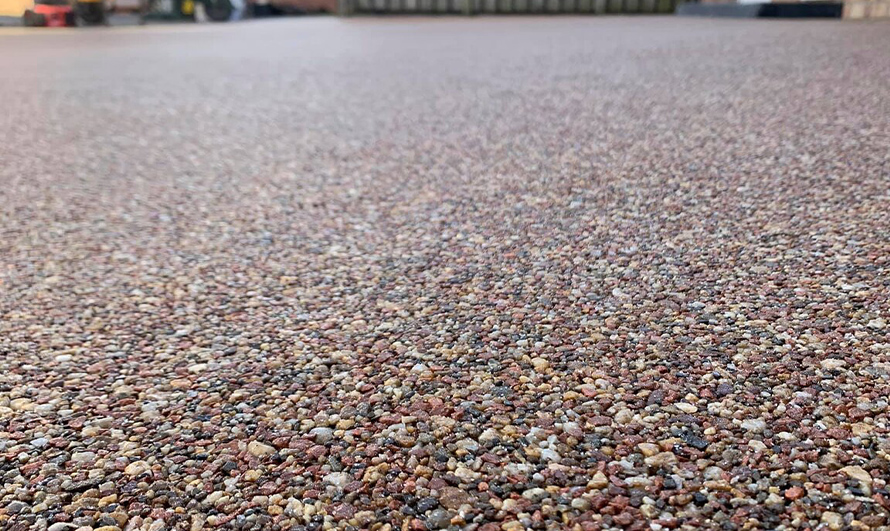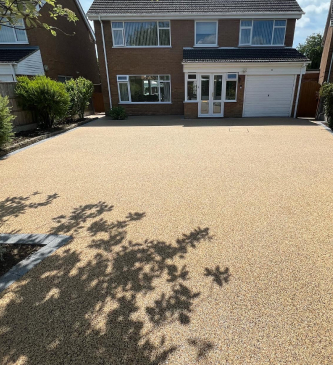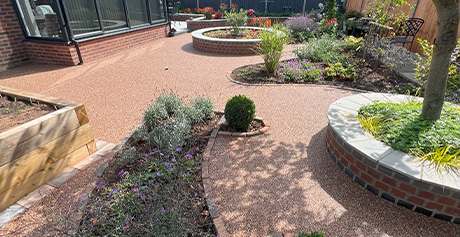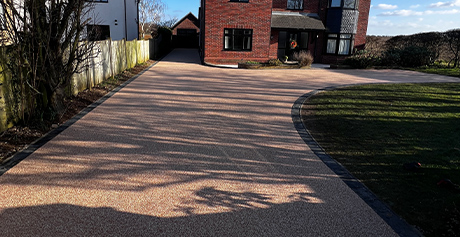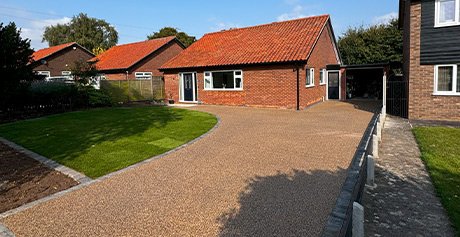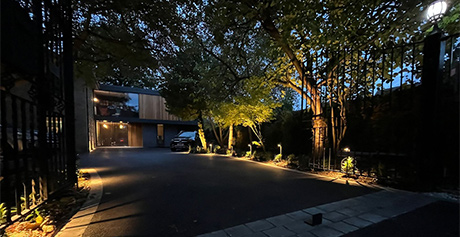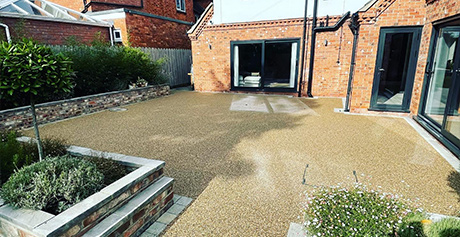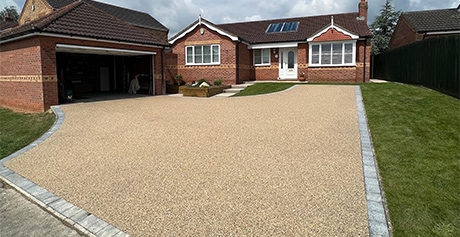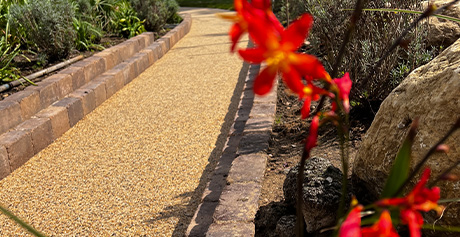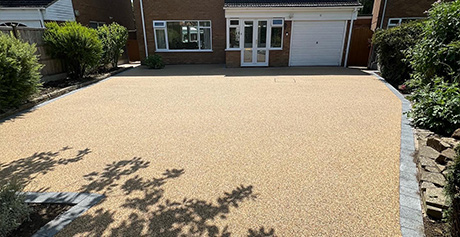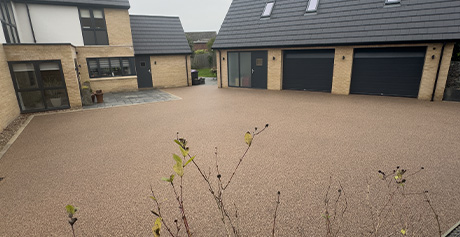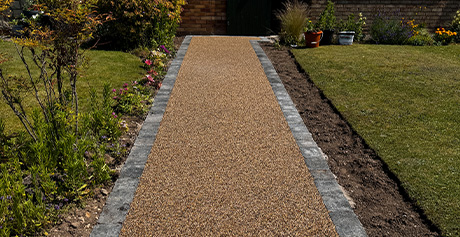What Affects the Lifespan of a Resin Bound Driveway?
A resin bound driveway is a great investment for your home because it’s both practical and long-lasting. But just how long will it last? With proper care and installation, a resin bound driveway can last over 20 years. It’s a reliable option that stays in good condition for many years, making it a smart choice for your property.
There are a few factors that can impact how long your driveway lasts:
1. Installation Quality
The quality of the installation is crucial. At StoneSet, we have over 20 years of experience, making sure every driveway is installed to the highest standard. This helps make sure it lasts as long as possible. If you’re curious about why using an approved installer is a good idea, check out our quick guide.
2. Materials Used
Using top-quality stones and UV-resistant resin is key to making sure your driveway doesn’t fade or crack over time. At StoneSet, we only use the best materials, so your driveway stays in great shape for years to come.
3. Weather Conditions
In the UK, we experience a wide range of weather, including rain, frost, and occasional heatwaves. Fortunately, resin bound surfaces are built to handle these challenges. Resin bound driveways are freeze-thaw resistant, meaning they won’t crack during cold spells.
How to Extend the Life of Your Resin Bound Driveway
To help your driveway last as long as possible, follow these simple maintenance tips:
1. Regular Cleaning
Maintaining your resin bound driveway is easy. Regular sweeping and hosing down will prevent dirt buildup and help keep the surface in top shape.
2. Addressing Stains Quickly
While resin bound surfaces are resistant to most stains, it’s still important to clean up any spills immediately, especially oil or chemicals, to prevent lasting damage.
3. Fixing Small Issues Early
If you notice any minor cracks or damage, it’s best to address them right away. Prompt repairs will help maintain the surface and prevent further deterioration.
Resin Bound vs. Other Driveway Materials
How does a resin bound driveway compare to other popular materials like tarmac or block paving?
Tarmac surfaces tend to wear more quickly and often need resurfacing after 10-15 years. Block paving, while attractive, can shift or crack over time and usually requires more frequent cleaning to prevent weed growth.
For a deeper look at how resin bound driveways compare with other surfaces, take a look at our blog on the pros and cons of resin bound driveways.
Conclusion
With proper care and a quality installation, a resin bound driveway can last over 20 years, making it a long-term solution that adds value to your home.
If you’re thinking about upgrading your driveway, resin bound surfacing offers an ideal blend of durability, low maintenance, and style. For more information on the benefits of resin bound driveways, or to explore other surfacing options, contact us today.
FAQs
How long does a resin bound driveway last?
A resin bound driveway can last over 20 years with proper installation and care. Its durability makes it a great long-term investment for your home, ensuring minimal wear and tear over the years.
What factors affect the lifespan of a resin bound driveway?
The lifespan depends on the quality of installation, materials used (like UV-resistant resin), and weather conditions. Proper maintenance, such as cleaning and addressing small issues early, also extends its life.
How does a resin bound driveway compare to tarmac and block paving?
Resin bound driveways generally last longer than tarmac, which may need resurfacing in 10-15 years. Compared to block paving, resin bound surfaces resist shifting, cracking, and weed growth, making them easier to maintain.
